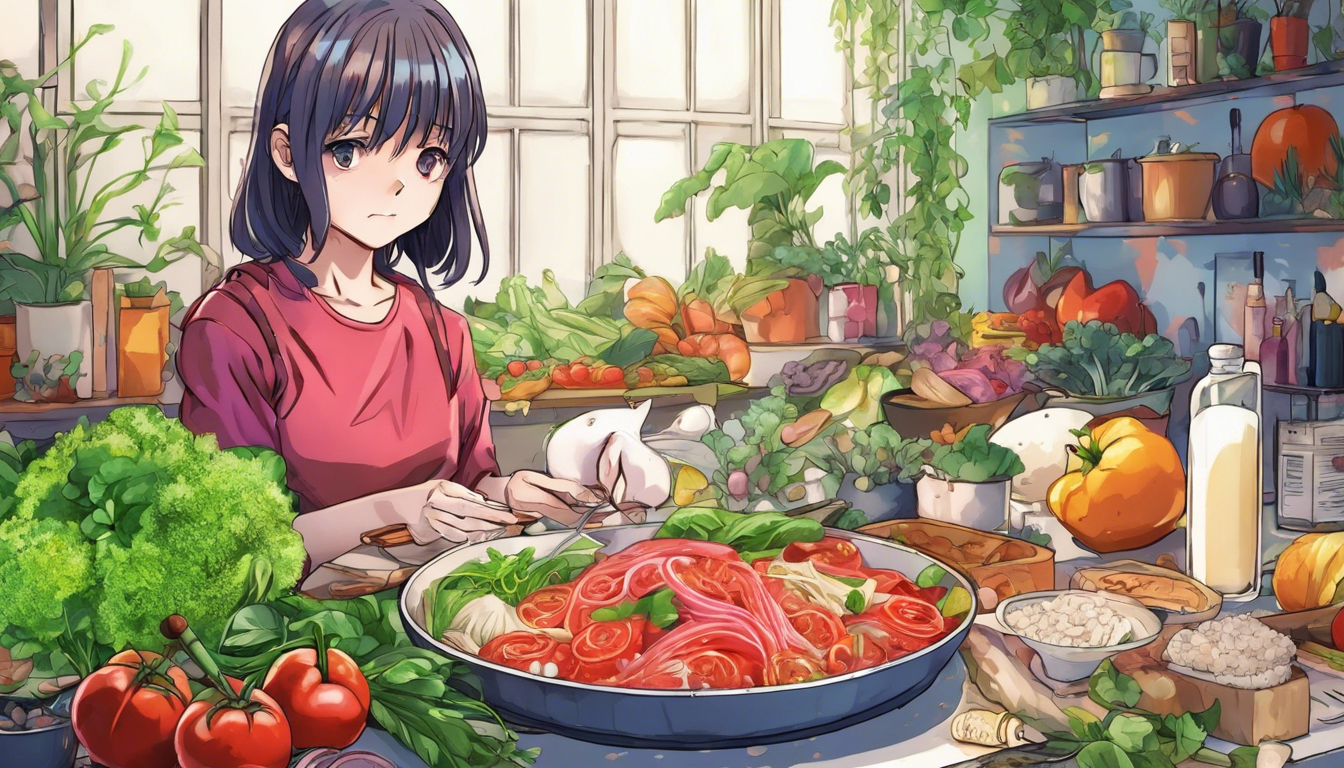
The Real Story Behind Veganism and Iron Deficiency
Debunking Common Myths
Veganism has gained significant popularity in recent years, with many people adopting this dietary choice for ethical, environmental, or health reasons. However, there are numerous misconceptions surrounding the vegan diet, particularly when it comes to iron deficiency. Let’s examine some of the common myths and present factual information to provide a clear understanding of the realities of the vegan diet.
Myth 1: Vegans are More Prone to Iron Deficiency
This is perhaps the most prevalent myth circulating about veganism. While it is true that iron can be obtained more easily from animal sources, plant-based foods can also provide ample amounts of this essential mineral. Many plant foods, such as legumes, leafy greens, fortified cereals, and whole grains, are excellent sources of iron. By incorporating a variety of these foods into their diet, vegans can easily meet their iron requirements.
Myth 2: Plant-Based Iron is Not as Absorbable as Animal-Based Iron
Contrary to popular belief, the iron obtained from plant sources can be just as absorbable as that from animal sources. While it is true that plant-based iron (non-heme iron) is not as readily absorbed by the body as animal-based iron (heme iron), there are ways to enhance its absorption. Consuming foods rich in vitamin C alongside iron-rich plant foods can significantly enhance iron absorption. For example, pairing spinach with citrus fruits or adding bell peppers to a lentil dish can optimize iron absorption.
Myth 3: Vegans Need to Take Iron Supplements
While supplements can be helpful in certain cases, they are not a necessity for all vegans. By adopting a well-balanced diet that includes a variety of iron-rich plant foods, most vegans can meet their iron needs without resorting to supplementation. However, it is worth noting that certain people, such as menstruating women, pregnant or breastfeeding women, or those with medical conditions impacting iron absorption, may benefit from iron supplements. Consulting a healthcare professional can provide personalized advice.
Factual Information about Vegan Iron Sources
It is important to be aware of the rich array of plant-based foods that can provide the necessary iron for vegans. Here are some key sources:
- Legumes: Lentils, chickpeas, black beans, and soybeans
- Leafy Greens: Spinach, kale, Swiss chard, and collard greens
- Fortified Cereals: Many cereals are fortified with iron
- Whole Grains: Quinoa, brown rice, oats, and whole wheat
- Nuts and Seeds: Pumpkin seeds, chia seeds, hemp seeds, and almonds
- Dried Fruits: Raisins, apricots, and prunes
- Tofu and Tempeh: Soy-based products
Incorporating these foods into a balanced vegan diet can provide not only ample iron but also numerous other essential nutrients.
In conclusion, it is essential to separate fact from fiction when discussing iron deficiency in the context of veganism. While there may be challenges associated with obtaining enough iron solely from plant-based sources, a well-planned vegan diet can fulfill the body’s iron requirements. By diversifying food choices and being mindful of enhancing iron absorption through vitamin C-rich foods, vegans can effectively maintain optimal iron levels without the need for supplementation.